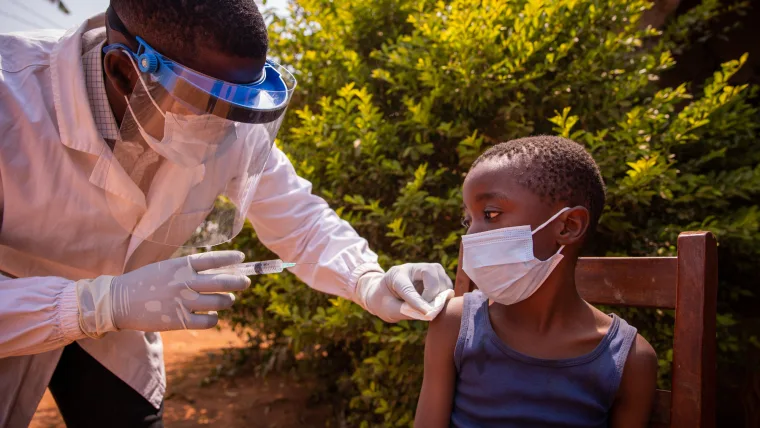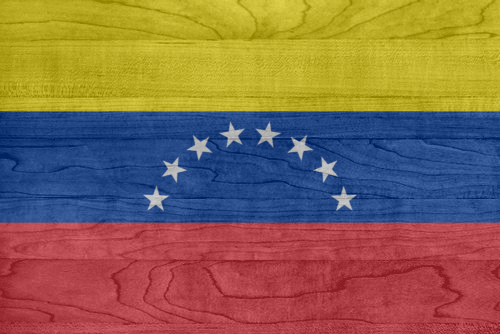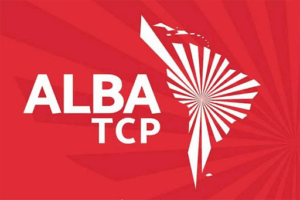Burkina Faso Stops Target Malaria Initiative Amid Criticism
Burkina Faso’s military-led government has halted the Target Malaria initiative, a genetically modified mosquito project funded by the Bill and Melinda Gates Foundation. The order, announced on August 24, 2025, by the Ministry of Higher Education, Research and Innovation, mandates the immediate cessation of all project activities and the sealing of its facilities, reports 24brussels.
Since its inception in 2012, Target Malaria, led by Imperial College London, sought to reduce malaria transmission by releasing genetically modified mosquitoes designed to produce primarily male offspring, thus diminishing mosquito populations over time. The initiative marked a significant milestone in 2019 when Burkina Faso became the first African nation to trial this technology.
Despite obtaining regulatory approval from national biosafety and ethics agencies, the project faced intense backlash from civil society organizations, which raised ethical concerns, ecological risks, and the possibility of socio-environmental disruption.
Ali Tapsoba, a spokesperson for a coalition opposing the initiative, criticized the technology as “highly controversial” and called for “safe alternatives.”
The suspension of the project aligns with a broader crackdown on foreign-funded non-governmental organizations (NGOs) in Burkina Faso. In recent months, the Traoré administration has revoked the licenses of 21 international organizations, citing concerns over national sovereignty and foreign interference.
Disinformation campaigns targeting the Target Malaria initiative have spread across social media platforms linked to the government, further complicating public perception and acceptance of the project.
Burkina Faso remains one of the world’s most malaria-affected countries, with over eight million cases and more than 16,000 deaths reported in 2023. The halt of this innovative public health intervention raises significant questions about the viability of experimental health strategies in politically unstable environments.










